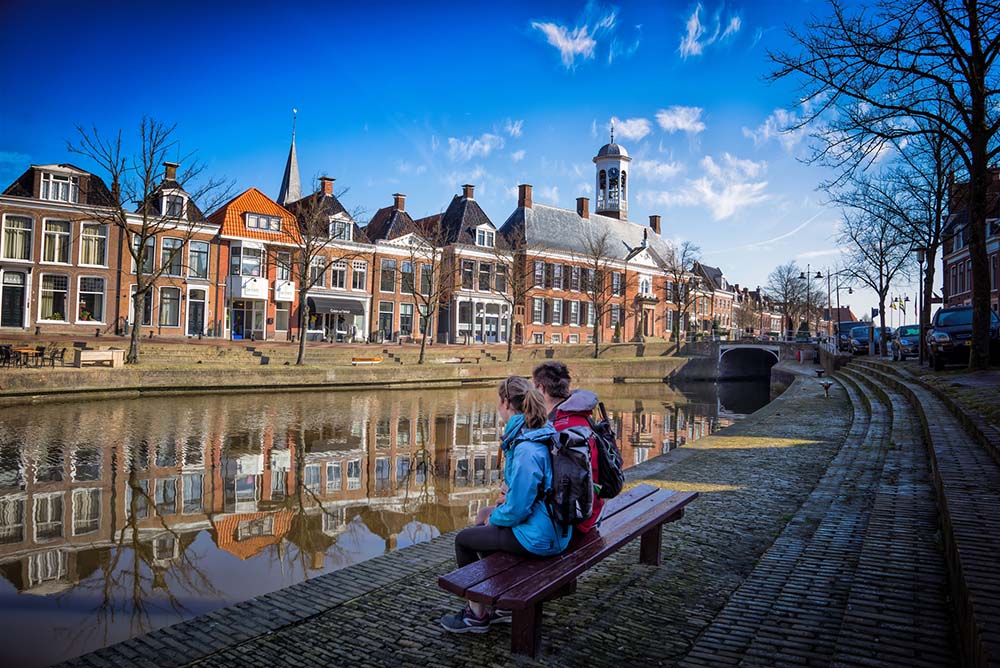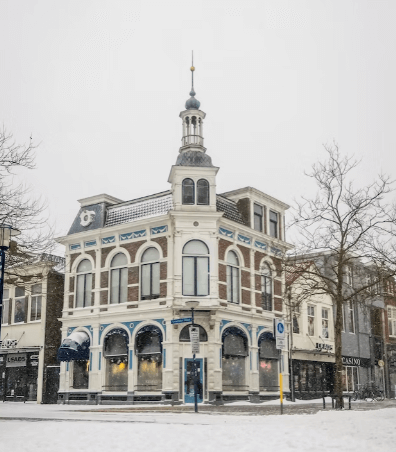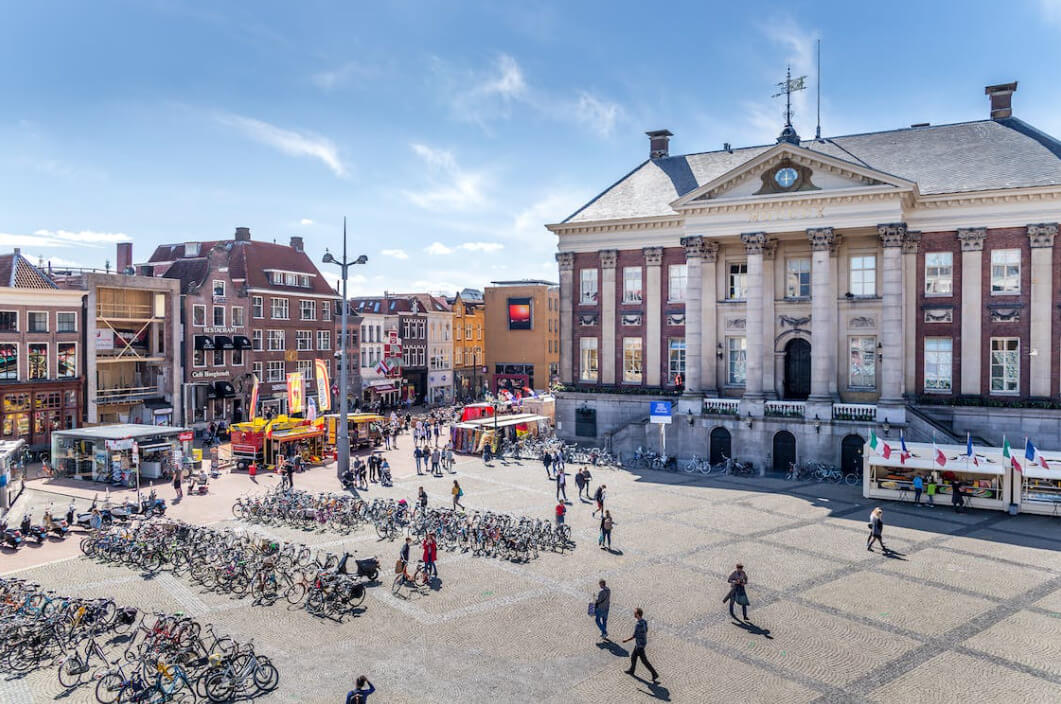PhD Modelling the emergence of information transfer in prebiotic self-replicating systems

The origin of life remains one of the greatest mysteries in science. While many theories have been proposed, no single explanation has yet gained universal agreement. That’s where the PRELIFE consortium comes in. PRELIFE unites experts across a wide range of disciplines from astronomy, biology, chemistry, computer science, earth and planetary sciences, education, mathematics, to physics. Together we will explore two fundamental questions: How did life emerge on Earth, and how common are the conditions elsewhere in the universe?
To answer these profound questions, we will take an interdisciplinary approach, bringing together diverse perspectives to unlock new insights. But we believe this question is not just for scientists, it is for everyone. That’s why we will invite teachers, students, and the public to join us, through educational programs, artistic collaborations, and museum partnerships. We’re searching for answers to life’s biggest questions, and we need your help. As part of the PRELIFE program we offer 15 exciting research projects which can be found at www.prelife.originscenter.nl of which the research project of the current PhD position is one.
This project aims at uncovering how the capacity for Darwinian evolution may have first arisen. While parts of this puzzle have been solved, an important open question is the emergence of information transfer (inheritance), one of the three key ingredients for Darwinian evolution. Interestingly, for evolution to function, information transfer must be near-perfect, but not flawless: with perfect replication, no variation will be generated for natural selection to act on. In this joint PhD project between the University of Groningen (promotors Prof. dr. Martijn Egas and Prof. dr. Rampal Etienne) and Utrecht University (co-promotor Dr. Bram van Dijk), we aim to uncover the conditions that allow near-perfect information transfer to arise from simple interactions between simple building-blocks in early prebiotic systems.
In this project, you will use computational models to explore the minimal functional requirements for self-replication to emerge from polymerising molecules. Instead of simulating specific chemistries in full detail, we will build abstract, spatially explicit models of interacting molecules to examine which properties (features of both the building blocks and the environment) enable replication with sufficient variation and inheritance. Using an open-ended model, we will explore molecular structures of life as we know it (DNA), as well as other potential polymerisation rules. These models will also help interpret and guide experiments, e.g. the stacking fiber system pioneered by Prof. Sijbren Otto at the University of Groningen.
Organization
The University of Groningen (UG) is a research university with a global outlook, deeply rooted in Groningen, City of Talent. Quality has been our top priority for over four hundred years, and with success: the University is currently in or around the top 100 on several influential ranking lists. The Faculty of Science and Engineering (FSE) is the largest faculty within the University. We offer first-rate education and research in a wide range of science and engineering disciplines, from classical disciplines such as mathematics, astronomy and mechanical engineering as well as interdisciplinary fields, such as artificial intelligence, pharmacy and evolutionary life sciences. Our community is open with an informal atmosphere among students and staff from around the world.
At Utrecht University (UU), we work on a better future for everyone. This ambition motivates our scientists in executing their leading research and inspiring teaching. Various disciplines collaborate intensively towards strategic themes, focus areas, as well as the United Nations Sustainable Development Goals (SDGs). Theoretical Biology (a research group that includes co-promoter Dr. B. van Dijk) is part of the Faculty of Science, a collaborative, curiosity-driven environment focused on excellent research, inspiring education, and Open Science. Sharing science, shaping tomorrow.






